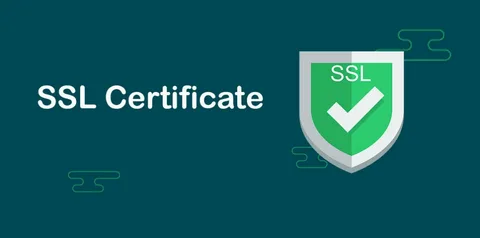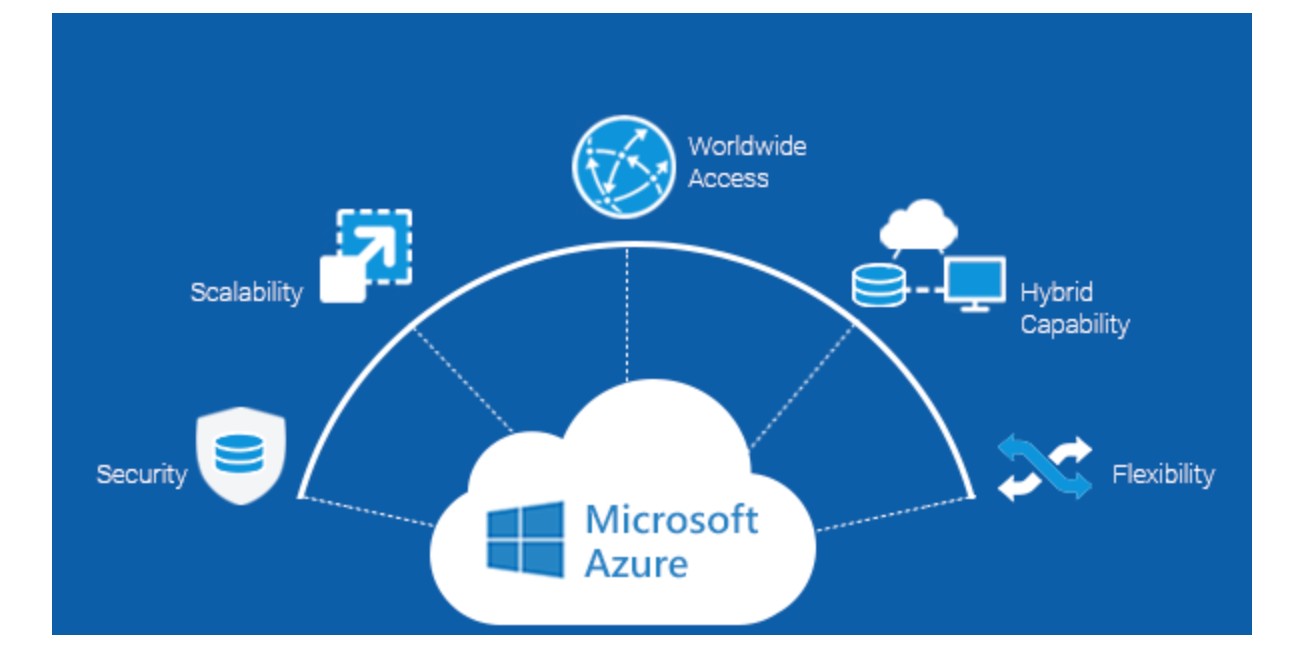The digital world is built on trust, and one of the strongest signals of trust between a website and its visitors is an SSL certificate. According to SSLInsights, around 87.6% of all websites worldwide now use SSL or TLS encryption, a number that continues to rise every year. The reason is simple: without SSL, a website exposes user data, weakens security, and risks being flagged as unsafe by browsers. In today’s era of online transactions and data privacy regulations, understanding SSL is as important as having a website itself. But what exactly is an SSL certificate, how does it work, and what does it cost to get one?
SSL Certificates
An SSL certificate (Secure Sockets Layer), now technically replaced by its successor TLS (Transport Layer Security), is a digital credential installed on a web server to secure communications between the server and the visitor’s browser. When you open a website and see “https://” at the beginning of its URL, the “s” indicates that SSL is active. This means the connection between you and the site is encrypted, ensuring that no one can intercept or tamper with the data exchanged.
The core purpose of SSL is to protect sensitive information such as login credentials, personal details, or payment data from hackers or malicious intermediaries. When you enter your details on an HTTPS website, the SSL certificate ensures that your browser and the website exchange encryption keys before any information is transmitted. This handshake process transforms plain text into unreadable code, making it impossible for outsiders to interpret.
Beyond encryption, SSL certificates also serve as a proof of authenticity. They verify that the website you’re visiting truly belongs to the entity it claims to represent. This prevents impersonation — a common tactic in phishing scams. When visitors see the padlock icon in their browser bar, they know they’re on a legitimate, protected site.
Why SSL Matters More Than Ever
In earlier days of the web, SSL was considered essential only for online stores or banking sites. That has changed dramatically. Today, every site — from blogs and portfolios to news platforms and eCommerce stores — needs HTTPS.
One key reason is browser enforcement. Modern browsers like Chrome, Firefox, and Edge clearly label non-HTTPS websites as “Not Secure.” This visual warning deters visitors, often leading them to leave immediately. In addition, Google includes HTTPS as a ranking factor, giving secure sites a slight SEO advantage. While it’s not the most significant ranking signal, it contributes to overall site credibility.
Moreover, data privacy regulations such as GDPR and global cybersecurity standards emphasize encryption as a best practice. Failing to encrypt user data, even something as simple as a contact form, can expose a website to compliance risks.
Security aside, SSL also affects user trust and conversion. When visitors see that a site is secure, they are more likely to sign up, fill out forms, or make purchases. In short, SSL isn’t only about protecting data — it’s about protecting your reputation.
How SSL Certificates Work
Behind the familiar padlock icon lies an intricate process known as the SSL/TLS handshake. When a visitor’s browser attempts to connect to a secure site, the following sequence unfolds almost instantly:
- The browser requests the website’s SSL certificate.
- The server presents its certificate, which includes the public key and details about the domain and certificate authority (CA) that issued it.
- The browser verifies that the certificate is valid and issued by a trusted CA.
- If valid, the browser and server exchange encryption keys and establish a secure, encrypted channel for all communication.
From that point onward, everything you send — passwords, payment details, or messages — is transmitted safely. If an attacker tries to intercept the traffic, they will only see unreadable, scrambled data.
Types of SSL Certificates
Not all SSL certificates are identical. They differ in how much validation they require, what kind of information they confirm, and how many domains they protect.
- A Domain Validated (DV) certificate is the simplest and most common. It verifies only that the applicant controls the domain name. Issued quickly and often free of cost, DV certificates provide strong encryption but minimal identity assurance.
- For businesses or organizations that want to show legitimacy, an Organization Validated (OV) certificate adds another layer. The issuing authority verifies details such as the company’s name, address, and legal existence before issuing the certificate.
- At the top tier is the Extended Validation (EV) certificate. It requires a thorough vetting of the business and, in some cases, displays the company name within the browser interface. Although modern browsers have simplified how this information appears, EV certificates still offer the highest degree of trust and verification.
- Beyond validation levels, SSL certificates also differ by scope. A single-domain certificate protects only one website, while a wildcard certificate secures all its subdomains (e.g., shop.example.com, blog.example.com). A multi-domain or SAN (Subject Alternative Name) certificate can protect multiple distinct websites under one license, which is ideal for businesses managing several brands.
The Cost of SSL Certificates
One of the most common questions website owners ask is, “How much does an SSL certificate cost?” The answer depends on the level of validation, coverage, and brand of the certificate authority.
- For small websites, the good news is that SSL doesn’t have to cost anything. Many hosting providers include free SSL certificates, often through Let’s Encrypt, a global nonprofit that issues domain-validated certificates. These free options provide the same level of encryption as paid ones but without the business verification features.
- For those who prefer paid certificates — perhaps for brand reputation, advanced validation, or warranty coverage — prices vary. A basic DV certificate can cost between $10 and $60 per year, depending on the provider. Organization Validated (OV) certificates typically range from $30 to $100 annually, while Extended Validation (EV) certificates can go up to $180 or more per year.
- Wildcard certificates, which protect multiple subdomains, usually start around $50 to $200 annually, while enterprise-grade multi-domain or EV wildcard certificates may reach $500 or even $2,000 per year. These higher-priced options often come with enhanced warranties, installation support, and additional management tools.
For many small businesses or personal websites, a free or low-cost DV certificate is more than enough. The encryption strength is identical — the only differences are in verification and customer support. Paid certificates primarily make sense for eCommerce stores, financial institutions, and large corporations that need to demonstrate verified ownership and accountability.
Choosing the Right SSL Certificate
Selecting the right SSL certificate depends on the nature of your website, the type of data you handle, and the level of trust you wish to establish with your visitors. If you operate a simple informational site or personal blog, a free domain-validated certificate works perfectly. However, if your website handles sensitive customer data, collects payments, or represents a registered business entity, an OV or EV certificate sends a stronger trust signal.
Also, consider the structure of your website. If you run multiple subdomains — for example, a main store, a blog, and a members’ area — a wildcard certificate is more efficient and economical than buying individual certificates. For agencies or large enterprises managing several domains, multi-domain certificates simplify management and renewal.
When choosing an SSL provider, factors such as warranty, renewal policies, customer support, and brand reputation should be weighed alongside price. Established Certificate Authorities (CAs) like DigiCert, Sectigo, and GlobalSign tend to charge more, but they provide robust validation processes and strong customer backing.
Maintenance and Renewal
Having an SSL certificate is not a one-time task; it requires maintenance. Certificates expire, typically after one year, though some providers offer multi-year plans. Letting your SSL expire can lead to alarming browser warnings that drive visitors away. Setting up automatic renewal or reminders is essential to prevent this.
Additionally, SSL configurations must be kept current. As encryption standards evolve, web servers need to support modern protocols such as TLS 1.3, which provides faster, stronger encryption. Regularly testing your SSL installation ensures it remains valid and secure. Tools like SSL Labs’ free SSL test can help confirm that your setup follows best practices.
The Real Value of SSL
Ultimately, the cost of an SSL certificate should be seen as an investment in trust. It assures your visitors that their privacy matters and that your website takes security seriously. For businesses, that trust translates directly into credibility, better SEO performance, and higher conversions.
Whether you choose a free certificate or a premium EV option, enabling HTTPS is no longer optional — it’s the modern standard for an ethical, trustworthy, and professional online presence.
An SSL certificate may be a small digital file, but its impact on your reputation, user experience, and security is enormous. In an age where nearly nine out of ten websites are encrypted, being among the remaining few that aren’t is a risk no one can afford to take.



